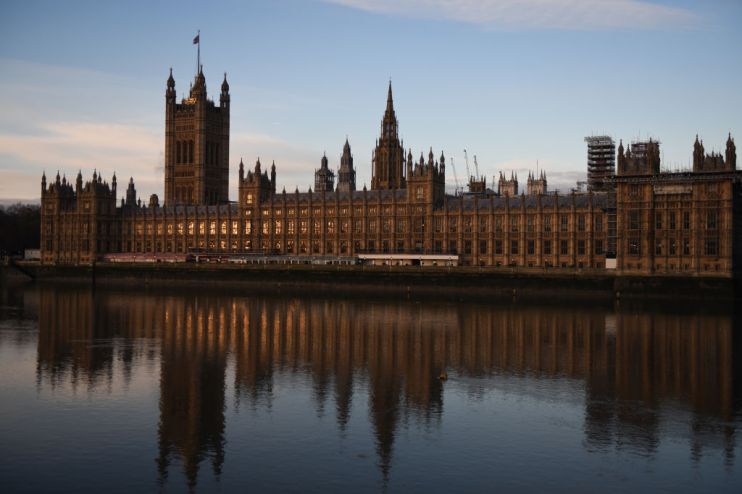Tory rebellion to stop UK trade deals with ‘genocidal’ regimes fall short

A Tory rebellion in the House of Commons that tried to stop the UK government from being able to to sign future trade deals with genocidal governments has fallen just short.
The amendment, which was brought forward by the House of Lords, lost by just 11 votes, 319 to 308, this evening.
Thirty-four Conservative MPs voted against the government, which was almost enough to topple Boris Johnson’s 80-seat majority.
The amendment was supported by high profile Conservative MPs, such as former party leader Iain Duncan Smith and Foreign Affairs Committee chair Tom Tugendhat.
The amendment would have seen any future UK trade deals revoked if the partner country were found by the UK High Court to be guilty of genocide.
The vote came just hours after US secretary of state declared that China’s treatment of Uyghur Muslims in Xinjiang constituted genocide and crimes against humanity.
Before the Open newsletter: Start your day with the City View podcast and key market data
Many MPs talked about China’s human rights abuses in the parliamentary debate.
Trade minister Greg Hands said the government could not accept the amendment as it would be giving the High Court unconstitutional powers.
“Nobody denies the importnace and seriousness of the situation in Xinjiang,” Hands said.
“Nor indeed of this government’s continued commitment to combating human rights abuses and the fact human rights should not be traded away somehow in terms of a trade agreement or anything like it.”
Duncan Smith said the High Court was the only body in the UK that could decide what constituted genocide.
“It’s quite clear to me, but I’m not able to say so, that [China’s treatment of Uyghurs] has all the hallmarks of a genocide,” he said.
“I’m not able to say so because at the end of the day we all agree that the courts have to make that decision. It’s not for individual politicians to do so.”
Tugendhat told MPs: “Genocide is unique, genocide is distinct, it is much much worse than any other crime even though it makes up others.
“We have always reserved this power to the courts. We’ve always said this isn’t a political tool. It’s a charge that can only be wielded by a court.”